Rumors of a three-year agreement between Google and HTC and the HTC Nexus device line. History of cooperation, alleged motives, possible consequences …
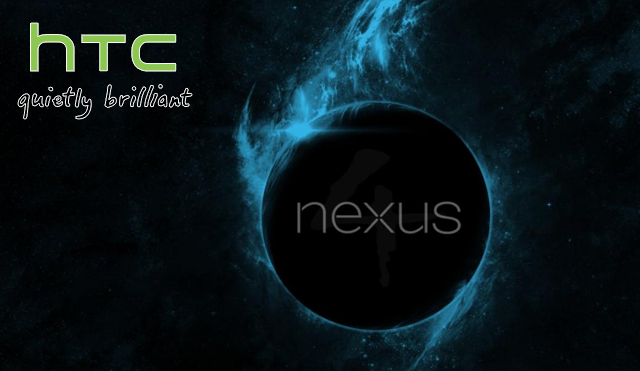
Nexus one
The smartphone first saw the light of day back in 2010 and ran on Android 2.1 Eclair. The manufacturer was a Taiwanese company HTC, which was practically unknown to the mass buyer at that time. The technical characteristics of the device, although they did not pull on the revolution, looked very worthy at that time: a bright 3.7 ″ AMOLED display with a resolution of 800 x 480, a Qualcomm QSD 8250 1 GHz processor, 512 MB of RAM. In addition to a block of four touch-sensitive keys, a trackball was provided, which was supposed to somehow reconcile users with the lack of physical buttons. After all, if now touch (or even on-screen) buttons are the standard, then five years ago they caused confusion and anger. A device that cannot be operated with gloves and where it is impossible to accept or reject a call 'blindly' was generally perceived by many customers as a telephone. Trackball solved these problems at least partially.
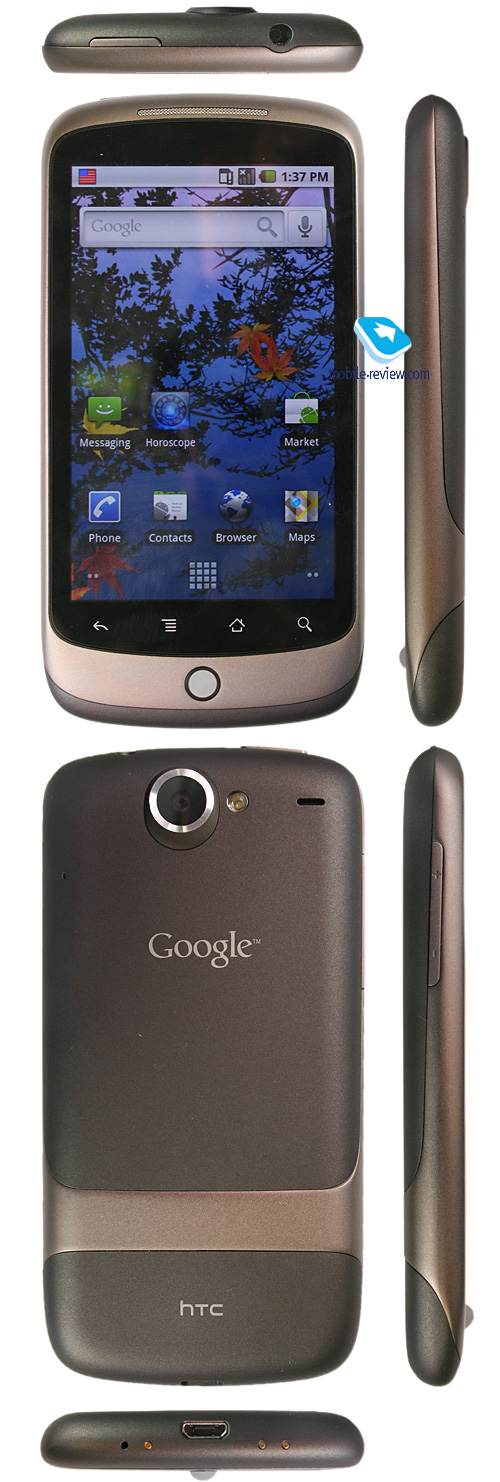
The device had two major drawbacks. First is the battery life. After smartphones on Symbian, the smartphone, which did not always survive until the evening, was perceived as someone's bad joke. Secondly, a small amount of memory for applications. The built-in memory in the smartphone was 512 MB, with about 190 MB available to the user. And although no one watched HD video on a smartphone in 2010, and did not download 3D games in the size of a gigabyte or two, there was not enough memory for active use of the device.
The distribution model of the Nexus One was very unusual – you could buy a smartphone only through the Google online store, and there were no contracts, subsidies or discounts. The only exception was the contract with T-Mobile, which was only valid for new subscribers. For the United States, where most of the smartphones were bought from operators with a two-year contract, this was completely unusual. As a result, there is a lot of noise among journalists and geeks, but a minimum of real sales.
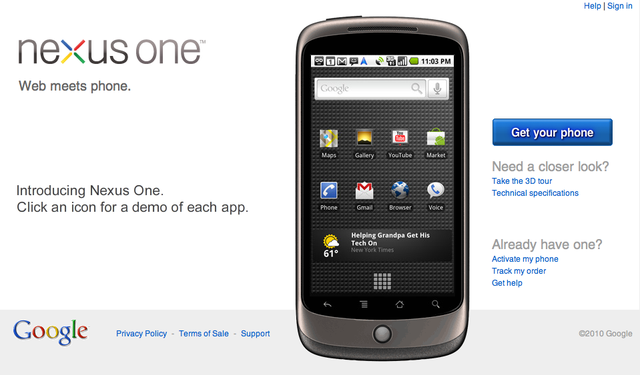
Nevertheless, this smartphone cannot be considered a failure. Most likely, Google initially did not have a goal to get any noticeable profit from the sale of this device. It was important for them to demonstrate to the world the 'correct' smartphone on Android, to whip up the interest of users and developers to the new OS, but at the same time not to alienate the partners from themselves. If one of the large companies decided that Google is trying to pull the blanket over itself and from a partner it is turning into a major competitor, the future Android could be very different.
Although there is another point of view. It is possible that Google simply overestimated the strength of its own brand, believing that they simply did not need to copy someone else's business model and negotiate with operators. And somewhere deep in the hearts of top managers there was a hope that even with a minimum of advertising support, the smartphone would show impressive sales. In any case, this would not bring the company any immediate profit, because if Google earned something from each sold device, then it was a penny, minus expenses, everything went away HTC. But maybe Google still had some kind of 'plan B' and under some circumstances they could start developing their own line of devices. But in any case, we will never know this.
As for HTC, for this Taiwanese company, the Nexus One was a kind of test of the pen. Very soon a smartphone HTC Desire appeared on sale, which practically copied the Nexus One in hardware, but had a proprietary Sense shell. Moreover, the company emphasized the advantages of its own shell over the 'clean' one Android. Maybe the good sales of the Nexus One HTC would have made them happy, but in any case they did not associate their future with it, and the success of Sense was much more important for the company.
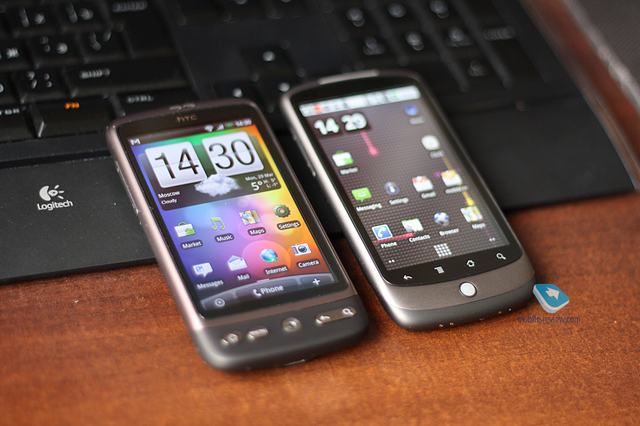
I think HTC and Google are happy with each other. Each company got exactly what it wanted from this cooperation, after which their paths diverged slightly. In HTC they continued to use Android in their devices with pleasure, but they treated it quite freely, changing and supplementing to their taste. And they were not at all eager to work under the dictation of Google, releasing joint devices on a 'clean' OS.

As for the search giant, for him HTC has gradually evolved from an iron supplier to a supplier of software ideas. Subsequent versions Android took a lot from HTC Sense, and this definitely benefited the 'green robot'. Rumor has it that at some stage, Google's lawyers even offered HTC formal cooperation with the licensing of all potentially interesting patents, but in HTC it was abandoned.
Three-year contract
Much water has flown under the bridge since then. From just a promising OS Android it has long turned into a market leader, and Marshmallow is not much like the 'old man' Eclair. Google has entered into a cooperation agreement with Samsung, and now it is with the devices of the Korean company that one can try to imagine what awaits us in the next version Android. Branded shells are gradually losing relevance, more and more approaching a 'clean' OS. A record-breaking rise HTC was followed by an equally impressive drop, and 6 years after the appearance of the Nexus One, few believe that this company was once a market leader. GPE versions of flagships on 'clean' Android appeared on sale, and then disappeared again. The Nexus line has already been buried several times, but like a phoenix it has risen from the ashes over and over again.
But history, as you know, moves in a spiral. And now rumors appeared on the Internet that the next generation of Nexus smartphones will again be from HTC.
Link to news
The main question here is not even who will be the manufacturer of the next Nexus smartphone. They may indeed be HTC, especially since not so long ago they, together with Google, have already released a Nexus tablet. More interesting is another point – could the rumor about a three-year contract for the release of Nexus smartphones be true?
Pros and cons
When it comes to Nexus devices, Google never makes any big plans. We agree with manufacturers to jointly release one specific device. Someone managed to release two devices in a row (the record holder is still LG with the Nexus 4/5 / 5x series), but in any case this was not drawn to a long-term contract.
On the other hand, who said it was Google's position? The fact is that the terms of the search giant are not sugar, and not everyone wants to agree to such cooperation. It will take no less effort and money to develop a Nexus smartphone than any other device, but at the same time Google rigidly dictates prices, skimps on normal advertising support, sells in the wrong place and in the wrong place where the manufacturer would like it, and so on. . The direct financial benefit from such cooperation is doubtful, the question is rather in the prestige, experience gained, increasing the user base, and some other things. The release of Nexus devices really became a good impetus for many companies, but whether it makes sense to subscribe to such 'poke in the back' over the next three years is an open question.
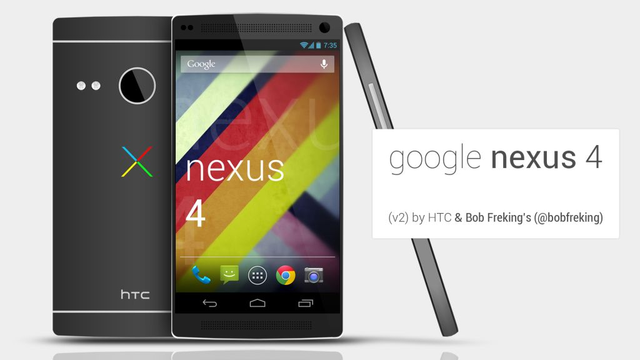
This is not to say that HTC is now in a very deplorable situation. The company continues to develop and release smartphones, has some market share and sales volume. But the Taiwanese company has no reason to be optimistic. In recent years, a lot of attempts have been made to somehow reverse the situation, but all of them have led nowhere. After the change of leadership, there will obviously be even fewer experiments: the design of smartphones is acquiring an 'apple' flavor more and more clearly, Sense is not so strikingly different from the 'classic' Android, but from its own developments (like all kinds of 'dual' cameras and others of such things) there is practically nothing left. In this situation, a long-term contract with Google does not seem to be the worst option, even if not on the most favorable terms. After all, the company clearly cannot solve the problem solely on its own, but I want to return to its former popularity. And since you cannot leave at the expense of Sense, then nothing prevents you from trying to become the most famous manufacturer of smartphones on the 'clean' Android.
The question of why Google might need all this is more difficult. The most obvious option is the ability to plan in detail the entire line of smartphones for a couple of years in advance. And along with it – and all the changes that need to be made in new versions Android. For example, this may concern stylus support, which may appear in Android 7.0, some new sensors and other similar moments.
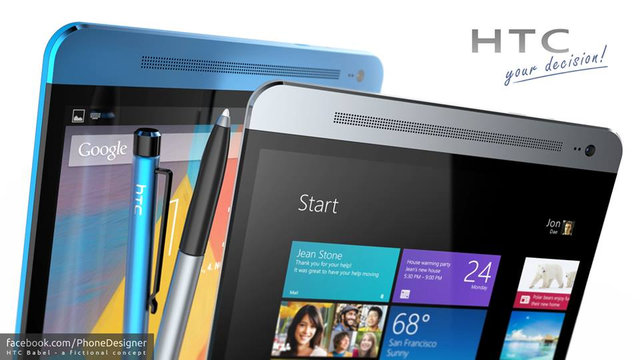
In this sense HTC is seen by Google as an almost ideal partner. This company is not afraid to look at long-familiar things from a new angle, has experience in creating popular devices, and it is not the first time to work with Google. At the same time, he cannot afford to 'download rights' HTC and may well agree to conditions that will be unacceptable for many more successful players.
Someone has even begun to dream that, following the results of the joint work, Google will buy out the mobile division HTC and deal with Nexus devices seriously and for a long time. Moreover, the Taiwanese company itself may now be more interested in devices for virtual and augmented reality like HTC Vive.
But all this looks extremely doubtful – we have already tried to play something like this in Microsoft, and the result has convincingly proved that no own devices can replace normal partner support. Yes, and there were more than enough opportunities to launch the production of devices under its own brand from Google, just the purchase Motorola Mobility is worth something.
I don't know what Google and HTC have for the future, but it may be that both companies have little idea of where to go next. HTC is not doing very well, Google seems to be doing well, but neither company can relax and stop. In the world of mobile technology, as if in Carroll's Wonderland, you have to run with all your might just to stay in the same place. And to get somewhere further, you need to run twice as fast.
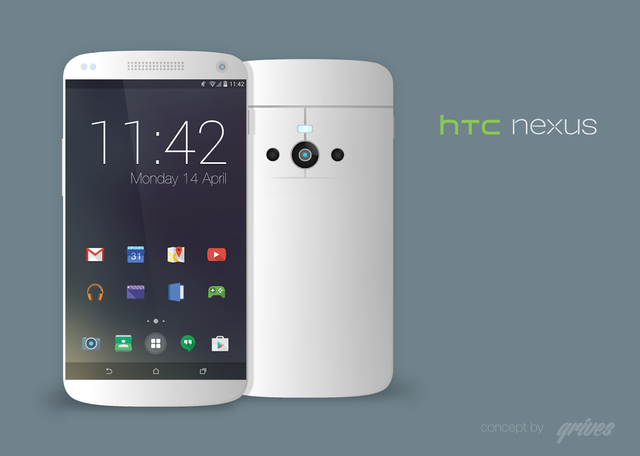
Of course, cooperation between Google and Samsung will give Android many more new 'chips', but this is not enough. Samsung is a great company with a great deal of hardware expertise and firsthand knowledge of the word 'innovation'. But the style is clearly lacking. As a manufacturer of end devices, the Korean company is now out of competition – good battery life of devices, excellent cameras, productive hardware, curved screens and other similar moments come to the fore here. But Samsung looks weak as a mastermind and generator of beautiful ideas. There is a chasm between a talented artisan and an artist, even if the former has the highest salary in the country, and the latter can barely make ends meet.
There is no guarantee that rumors of a three-year contract between Google and HTC have any basis at all. But I would like to believe that this is true. Both companies now need a boost, and working together can be very rewarding. This does not mean that the new HTC Nexus will show sales records, but it can be the very small step from which any big journey begins. As it happened once with the Nexus One.

